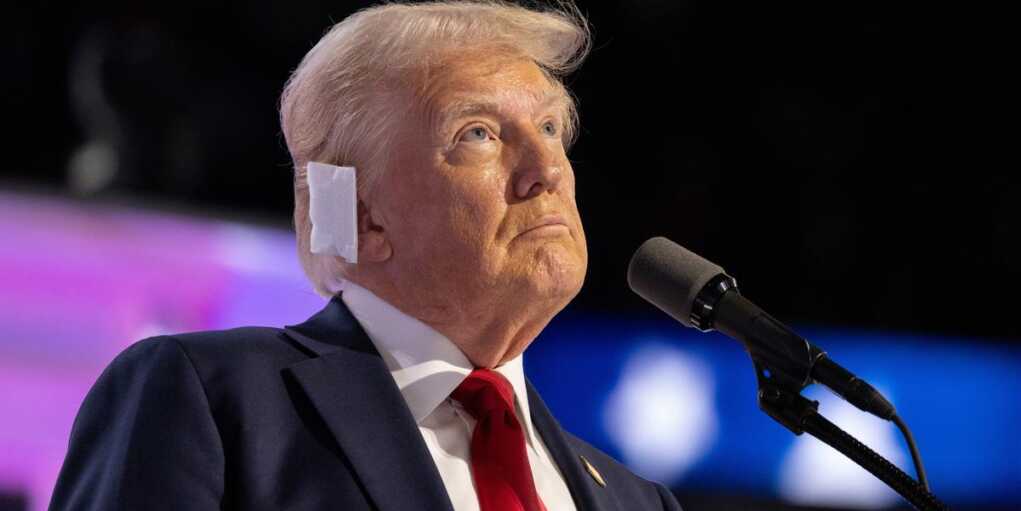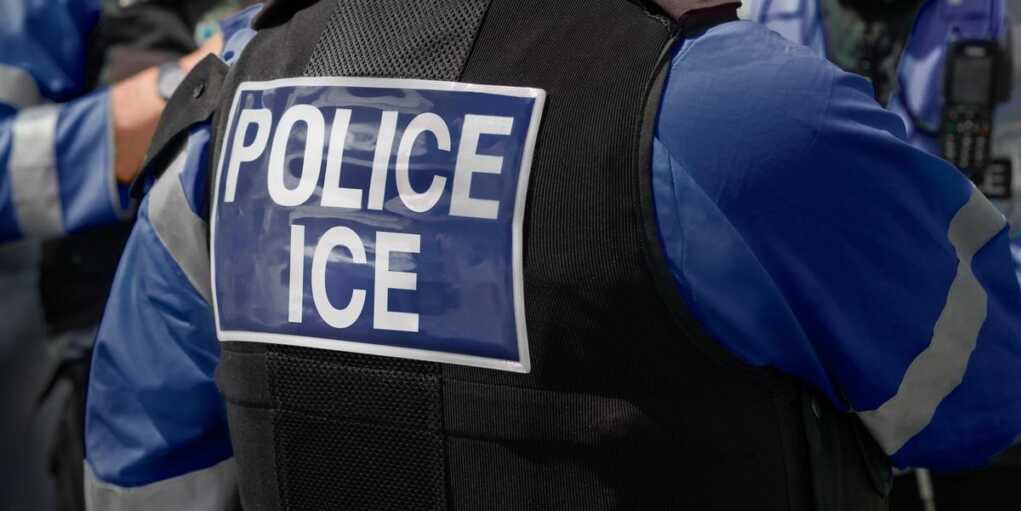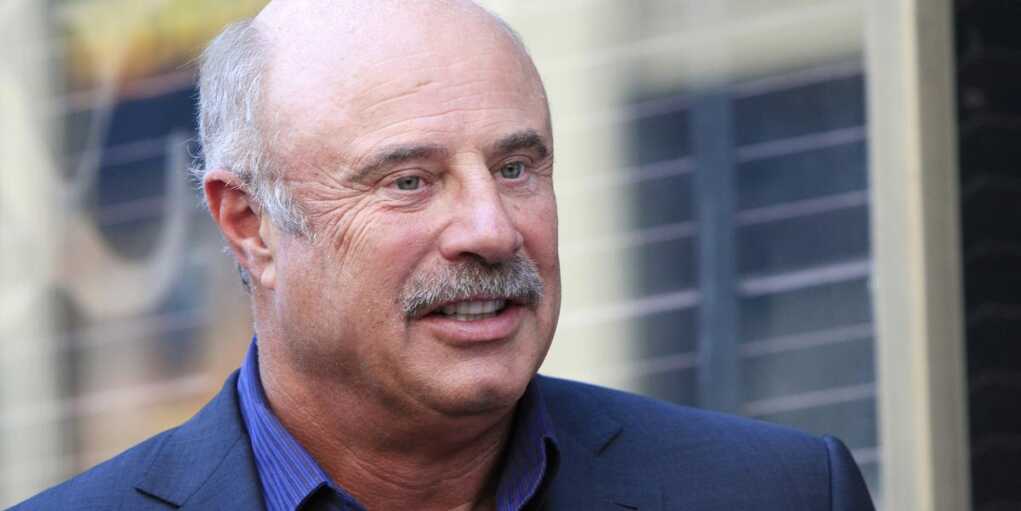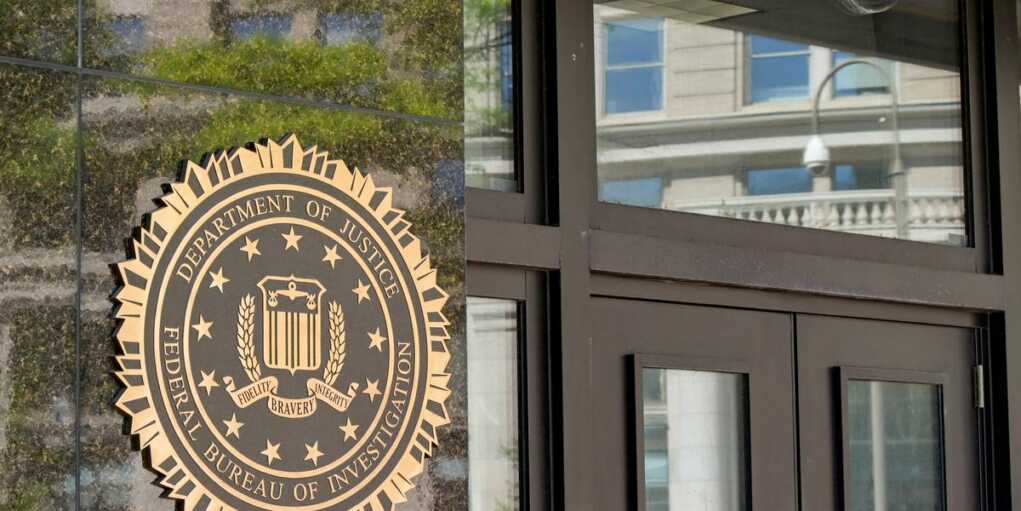New Fallout from Trump Assassination Attempt Raises Eyebrows
More details have emerged about the Secret Service suspensions following last July’s assassination attempt on then-presidential candidate Donald Trump in Butler, Pennsylvania, and the revelations are sparking fresh anger inside the agency. Six Secret Service agents were suspended without pay earlier this year over security failures during the attempted assassination that left Trump with a […]
NY Man’s Chilling Threats Put ICE on High Alert
A New York man is facing federal charges after allegedly threatening to murder an ICE agent and his children, underscoring the escalating hatred that law enforcement officers face in today’s political climate. The Department of Justice charged 43-year-old Matthew White of Jamestown, New York, with communicating interstate threats after he allegedly posted repeated death threats […]
Dems Launch Bill Targeting ICE and Border Patrol Identities
President Donald Trump is slamming Democrats for a new bill that would force ICE and Border Patrol agents to remove protective masks and display large, visible ID tags while conducting immigration enforcement, arguing the move would endanger federal agents and embolden violent mobs. Trump’s comments came after Sens. Cory Booker and Alex Padilla unveiled the […]
MSNBC Alum Unleashes Unhinged ICE Rant
Former MSNBC host Tiffany Cross let loose another unhinged rant Tuesday night, claiming with a straight face that U.S. Immigration and Customs Enforcement (ICE) agents are “kidnapping” illegal immigrants and sending them to “concentration camps” under President Trump’s immigration crackdown. Cross, who was fired from MSNBC in 2023 after a string of racially inflammatory remarks, […]
NATO Chief Credits Trump For Historic Wins
NATO Secretary General Mark Rutte just shattered the media narrative that Trump is a “threat” to NATO, declaring in a New York Times interview that President Trump’s tough leadership is the reason European nations are finally boosting defense spending after decades of freeloading off American taxpayers. Rutte stated plainly, “President Trump deserves all the praise, […]
DeSantis Tells Elon How To Really Shake Up DC
Florida Governor Ron DeSantis is offering Elon Musk serious political advice following Musk’s announcement of the “America Party,” warning the tech mogul that a third-party bid could hand victories to Democrats while failing to move the needle in Washington. Speaking at a Monday press conference, DeSantis praised Musk as “one of the most innovative entrepreneurs” […]
Trump Scores A New Immigration Victory
President Trump scored a major win as the House narrowly passed his “One Big, Beautiful Bill,” sending billions in fresh funding to complete the border wall, hire thousands of new border agents, and supercharge deportations across the country. The House approved the sweeping tax and immigration package 218-214, with only two Republicans joining Democrats in […]
Trump’s Next Move Could Hit Migrants Harder Than ICE Raids
A small 1% tax in Trump’s “big, beautiful bill” could deliver a big shock to the underground cash economy driving illegal immigration. The remittance tax, targeting cash sent abroad, aims to undercut one of the main incentives migrants have for illegally entering and staying in the U.S.: sending money back home. Remittances account for tens […]
NYC Socialist Wants To Replace Private Homes With This
Zohran Mamdani, the democratic socialist now vying to lead New York City, is under fire after resurfaced videos show him calling for a radical “communal living” overhaul that would replace private condos with shared kitchens, bathhouses, and food co-ops in a bid to “de-commodify housing.” The footage, taken from a 2021 conference hosted by The […]
Dr Phil Rips Into Omar Over Anti-American Rants
Dr. Phil McGraw lit into Democrat Rep. Ilhan Omar this week after she once again trashed the country that gave her a home, freedom, and a seat in Congress. On “The Real Story,” Dr. Phil laid out Omar’s journey: fleeing war-torn Somalia, spending years in a Kenyan refugee camp, getting housing, education, and freedom in […]
FBI Makes Surprise Move Into A Special Building, Dems Fume
The FBI is officially leaving its crumbling Hoover Building and moving into the Ronald Reagan Building downtown, in a decision Trump’s administration says will save taxpayers billions while giving agents a safer, modern headquarters. It’s a move that’s already sending shockwaves through Democrats who see the shift as a political statement as much as a […]
Legacy Media Spins Another Shocking Migrant Tale—But Is It True?
A new media storm erupted after the Los Angeles Times ran a story accusing ICE of denying medical care to a migrant child with leukemia. But according to Homeland Security, the truth is very different. The LA Times claimed a young illegal immigrant detained at the Dilley family facility was “battling leukemia” and being denied […]
Floridians Get a New Reason to Hit the Gun Store
Florida Governor Ron DeSantis has announced a “Second Amendment” tax holiday running from September 8 through December 31, allowing Floridians to purchase firearms, ammunition, and related gear without paying the state’s 6% sales tax. The move is expected to save gun buyers more than $8 million during the period, offering relief to the firearms industry […]
Schumer Stalls Trump’s Bill with Pathetic Delay Tactics
Chuck Schumer is throwing a tantrum in the Senate as President Trump’s Big Beautiful Bill barrels toward passage, resorting to childish stall tactics to delay a bill that enshrines Trump’s America First priorities into law. Facing irrelevance in a party now dominated by socialists like AOC and NYC’s radical mayoral hopeful Zohran Mamdani, Schumer is […]
Elites Takeover Venice For Exclusive Party
Ivanka Trump took to Instagram on Thursday, giving her 7.8 million followers a peek into the star-studded lead-up to Jeff Bezos and Lauren Sanchez’s highly anticipated wedding in Venice, Italy. “Ready to celebrate the love story of our friends, Lauren Sanchez and @JeffBezos🎻🌸,” Ivanka captioned a photo gallery, where she posed in a floral mini-dress […]















